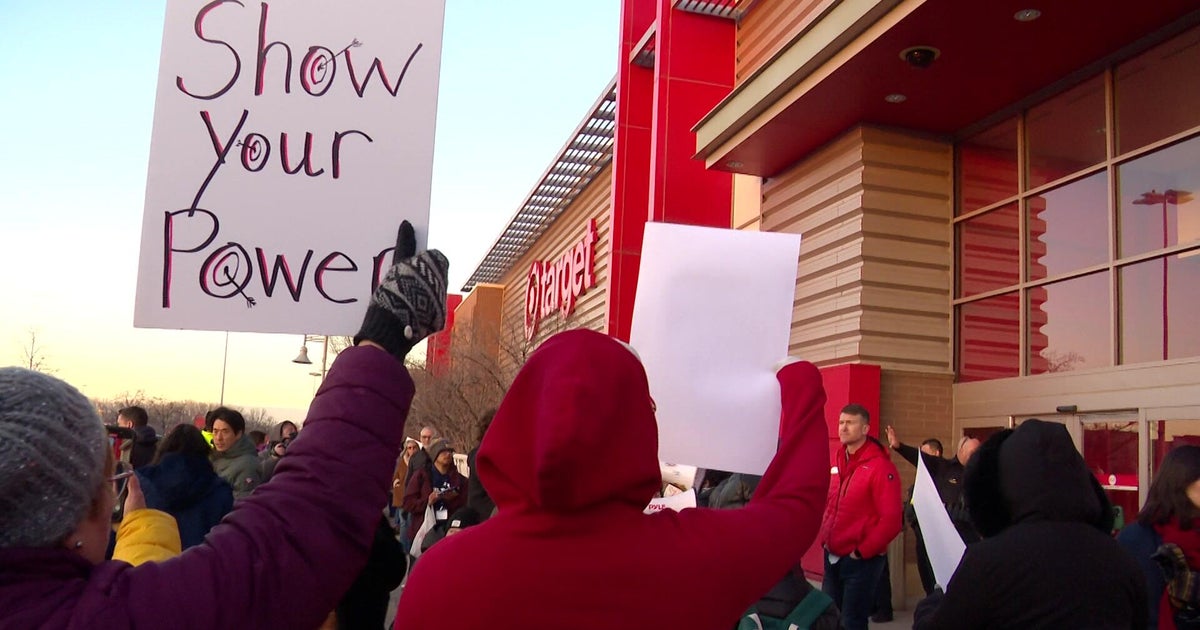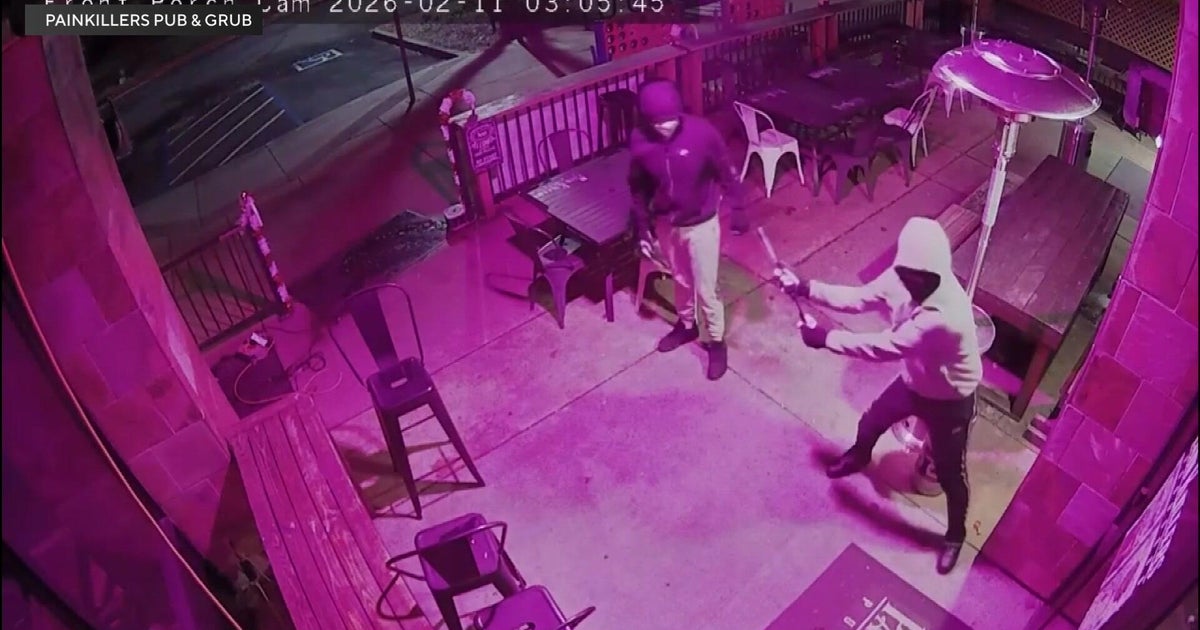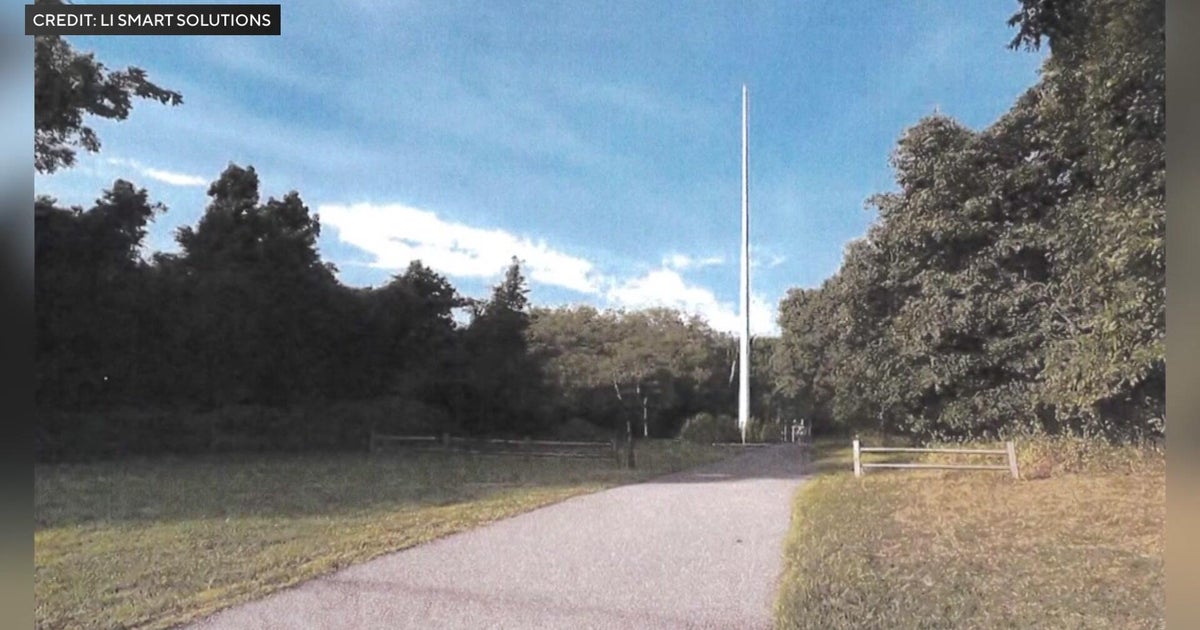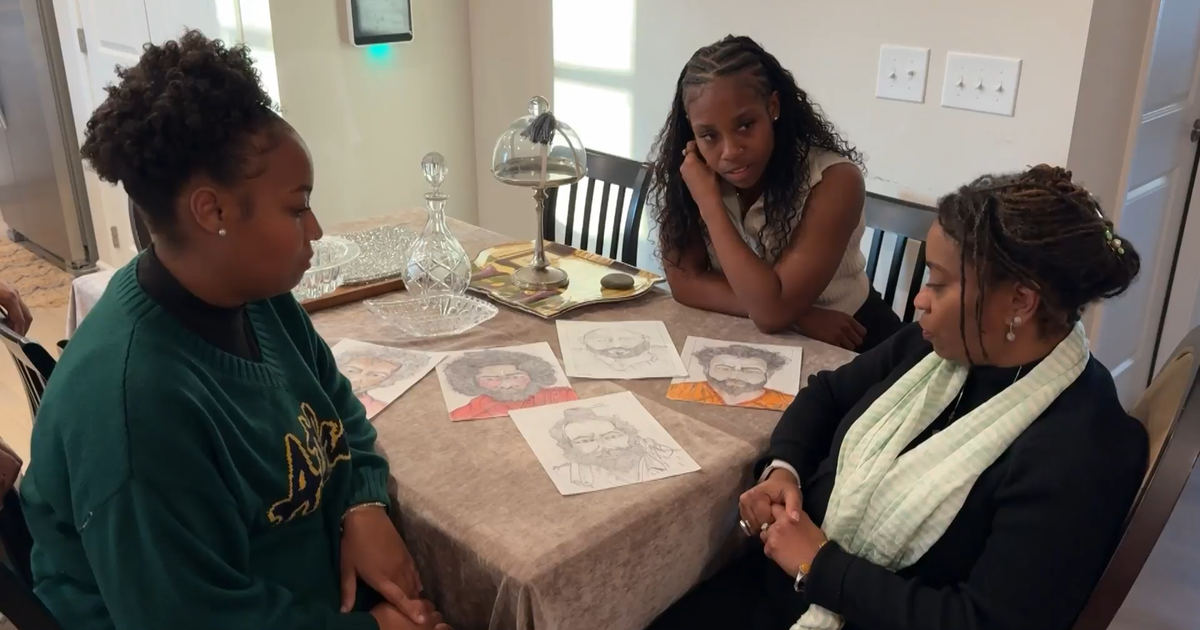Pay By Cell Phone For Everyday Purchases
CHICAGO (CBS) - First it was cash, then plastic. Now your cell phone is the new way to pay for your everyday purchases. But as CBS 2's Dorothy Tucker reports, our latest mobile wallet has its rewards and risks.
The way you order coffee at Starbucks is routine. How you pay is anything but. You simply call up your Starbucks app, so the cashier can scan the barcode.
"It's faster because you can just take it out, pull the app up, scan the barcode, versus you digging in your purse, looking for money, looking for change," said Starbucks cashier Qiana Morgan.
Paying by phone is a convenience and it's spreading. Starbucks offers the option in all of its Target locations.
There's an Amazon app that allows you to scan a barcode and purchase a product right away.
The New York City Transit System is currently testing paying its fares by phone.
"You press a button on the phone, wave the phone in front of the standard terminal," said Dave Wentker, Mobile Products Manager with Visa.
Chicago Transit could be next. A company called mPayy is in talks with the CTA, but you can already use mPayy to pay some utility bills by phone, or send and receive money.
For example, if you're trying to split a check in a restaurant, all you do is enter the amount and the phone number of the recipient. It works because both people provide their bank account information to mPayy.
But how do you know that once mPayy has your account number in its system, it won't end up in the hands of someone who could steal the money?
"No one sees that data," said Conrad Sheehan, founder of mPayy. "We don't even get to see that data. It's encrypted and it just sits in a server."
But Daniel Hoffman, Chief Mobile Security Evangelist at Juniper Networks, counters: "The integrity of any transaction is only gonna be as secure as the integrity of the device from which it's performed on."
Daniel Hoffman questions the security of any cell phone. He's an expert in mobile security and says we have to remember that smartphones operate on Wifi.
"That data is literally flying through the air," explains Hoffman. "I can capture that without your knowledge so I can then log in to your account and do whatever I like to do."
So what should YOU do? Talk to your cell phone company about the best protections.
"Treat it like your PC," said Hoffman. "Put the anti-virus, put the firewall, put the anti-theft and identity protection technology on the device to protect yourself now."
Another way to protect yourself is to put a password on your phone, in case you lose it.
If the transit test in New York City goes well, the technology could show up at McDonald's, Office Depot, Payless Shoes and more.







